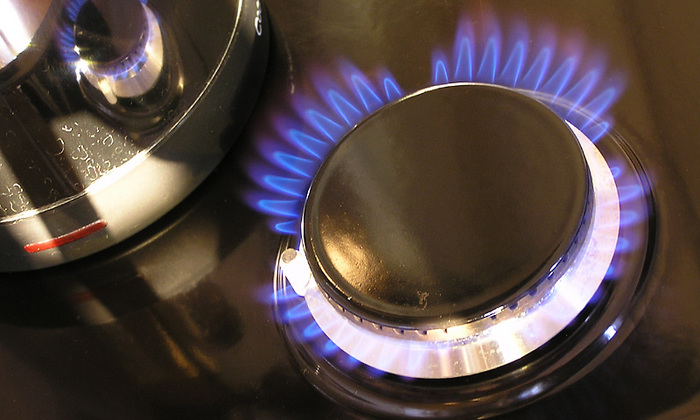Fire safety in the home
The majority of house fires are started accidentally by smoking, cooking, candles, heating and electrics. The effects of fire can be catastrophic. That is why it is essential to think about how to reduce the risk of a fire starting and what to do if a fire breaks out.
Fire safety measures in the home
Since 1991 it has been mandatory under building regulations that all new homes in the UK are fitted with smoke alarms. There should be mains powered interlinked smoke alarms with battery backup fitted on every floor and they need to be tested on a monthly basis. Smoke alarms save lives, but only if they are working.
Domestic sprinkler systems offer an extra level of protection against fires. Unlike fire alarms, they not only warn of fire they also tackle the fire itself.
Most people who die in fires are killed by poisonous gases such as carbon monoxide, which is produced in large quantities in most fires. Get into good habits at bedtime and make sure all doors are shut. If there is a fire this will help to prevent the fire spreading and slow the spread of poisonous gases.
Fire plans
Fires happen when you least expect them so it is vital that everyone knows what to do in a fire. A fire plan – what you’ll do in the event of a fire and how you’ll escape – is something every household should have. It’s important to:
- Think about and practice how you would escape if your normal way out is blocked.
- Never store anything in communal areas including balconies that could block your escape route and be a fire risk
- Always keep door and window keys where everyone you live with can find them.
- Practice the fire plan with the whole family and make sure everyone knows what to do.
Petrol storage at home
Petrol is dangerous, it is a highly flammable liquid with the potential to cause serious fires and explosions. The Petroleum (Consolidation) Regulations 2014 states that:
- It is illegal to keep more than two metal containers each of a maximum capacity of 10 litres or two plastic containers each of a maximum capacity of 5 litres.
- Containers must be of an approved design and be marked “’petroleum spirit – highly flammable”.
- Containers should be kept with the stoppers securely fixed in a secure shed or garage and not inside residential properties.
The Health and Safety Executive provides more detailed advice about storing petrol safely.


